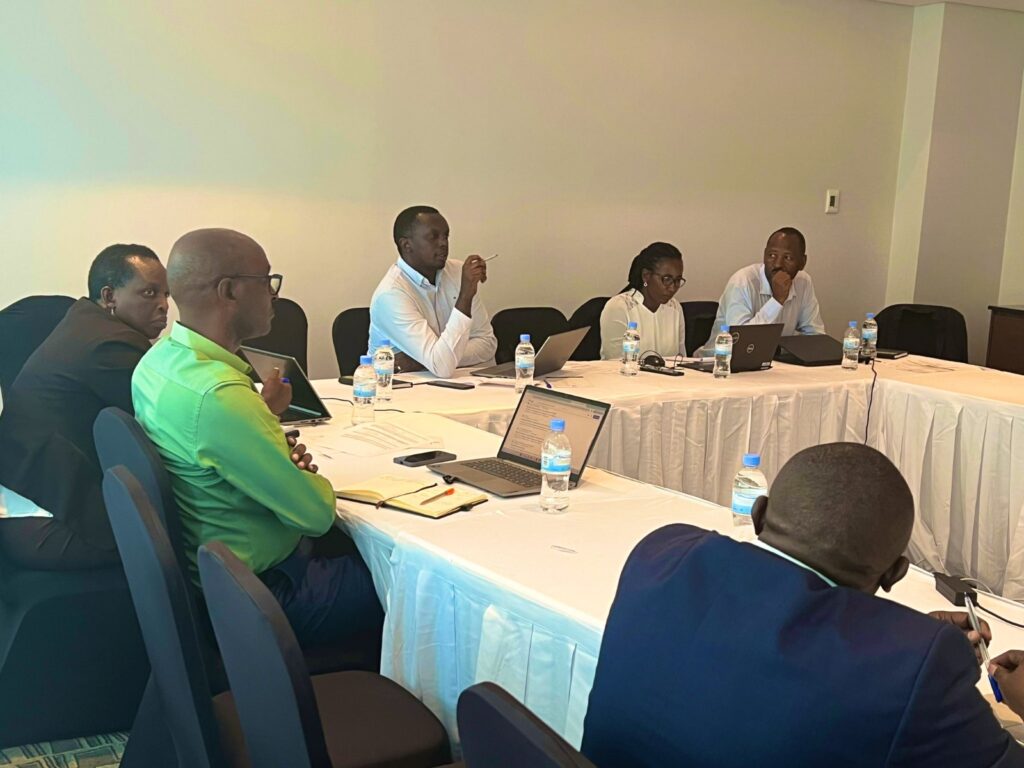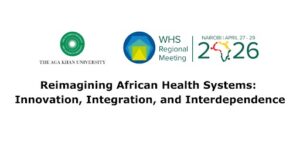By Elie Mutangana
Rwandan media practitioners, communicators and regulators from different institutions, from 27-28 May 2024 gained insights from a two-days’ workshop to learn about reporting on science.
It stressed the need for media to acquire agricultural science literacy for enabling them engage actively in reporting agricultural biotechnology trends, including the controversial, Genetically Modified Organisms (GMOs).
The workshop also critically pinned the role of fact checking on Agricultural biotechnology stories and its benefits on proper understanding on biotechnological trends such GMOs products in the public.
With the theme “Science Communicating Capacity Strengthening Workshop for Rwandan Journalists,” journalists encouraged to rely on evidence-based information and avoiding interference of personal opinions in reporting as it can mislead the public.
“Media are critical partner in alleviating the underlying misunderstanding on Agricultural biotechnology trends” said TelespholeNdabamenye, Director General of Rwanda Agricultural Board (RAB) during the official opening of the workshop.
According to data from Rwanda’s Ministry of Agriculture and Animal resources, Agricultural sector accounts for nearly 30% of the national GDP. The adoption of biotechnology, including GO crops, was underscored as a potential solution to address the pressing challenge of food shortages in African countries.
With GMOs leverages, the Rwanda will overcome the pressing challenge of food shortage, and not only for the country but also for the entire continent- through the existing continental development schemes such as African Continental Free Trade Area (AFCFTA).
While among the key challenges to Rwandan Agricultural sector include, low productivity, climate change, post-harvest loss and lack of access to finance, adopting Agricultural biotechnology is expected to foster the path to food security and improved livelihoods in Rwanda.
Journalists are considered to play a critical role in ethically disseminating evidence-based information by sourcing facts from reliable and repeatable sources such as researchers and other experts in the field of biotechnology, according to experts.
In regards, journalists were challenged to communicate the truth around the technologies for combating the persistence myths and misunderstandings surrounding the field.
“Journalists are not limited to tease out information only from researcher but should also tease out it from other actors such as policy makers, academia and try to ask about current trends and other questions to be answered”. Said Eugenia Abu, seasoned Nigerian news broadcaster, who shared insights virtually.
Experts find vitality in providing journalists with a comprehensive understanding of the ethical consideration in reporting on biotechnology and genetic engineering, specifically in the context of agriculture due to the complexity and potentially controversial nature of the filed.
Are GMOs really safe tohuman health and environment?
While people are still scared of consuming GMOs products, scientists are tirelessly providing facts that the GMOs products are safe for human health and environment.
According to AthanaseNduwumuremyi, a senior scientist at RAB, prior to a release of a GMOs productfor either commerce or consumption, it passes through the ‘GMO pipeline’, which is a process under which a product is processed from its transformation until its release for marketand use.
The process sees the steps of evaluation and risk assessment to comply with the pillars of GMOs that include safety and efficacy. Risk assessment evaluate envision on human health and socio-economic impact, while examining also the uncertainty and ensuring safety before the release.
Scientist also conduct a performance trial for the product to access its performance under varied conditions and determine the effectiveness for the intended purpose.
He assures that upon the approval from scientists, the product can be consumed and expect to cause no harm to human health and environment.
Although GMO products are highly anticipated to foster agriculturalproductivity in Rwanda, myths and misconceptions should be challenged by scientific facts to eliminate threats to adoption and promote the GMOs potentials.
For example, there are underlying myth among people that farmers will lose livelihoods when the GMOs are introduced, or that it will bring toxicity to farmers’ soil, but scientific evidences show that GMOs crops canneither impact soil toxicitynor persist in it.
What is the legal status of GMOs in Rwanda?
Earlier last year, Rwandan government adopted the bill governing GMOs to foster biosafety and enact regulations governing the field.
The absence of a biosafety law had exposed the country to regulatory gaps and could be a major weakness undermining the legitimacy and credibility of the national biosafety system, hence posing doubtsto GMOs application.
With reference to a policy belief authored by DrAthanaseNduwumuremyi,it underscores the government’s need toinstitute adequate biosafety measures that will ensuremaximization of benefits of the biotechnology inagriculture and environment, while minimizing therisks.
According to him, Biotechnology is any technological application thatuses biological systems, livingorganisms or derivatives, to make or modify products or processes forspecific use.
Moreover, Biosafety refers to measures put in placeto prevent or mitigate potential risks to human healthand the environment resulting from use of modern biotechnology for research or commercial purposes.
Rwanda moved anotherstep in Biosafety by ratifying the process in 2003.Ratification of theprotocol implies that a state has agreed to be legallybound by provisions of the Protocol and must complywith obligations stipulated in the instrument.






